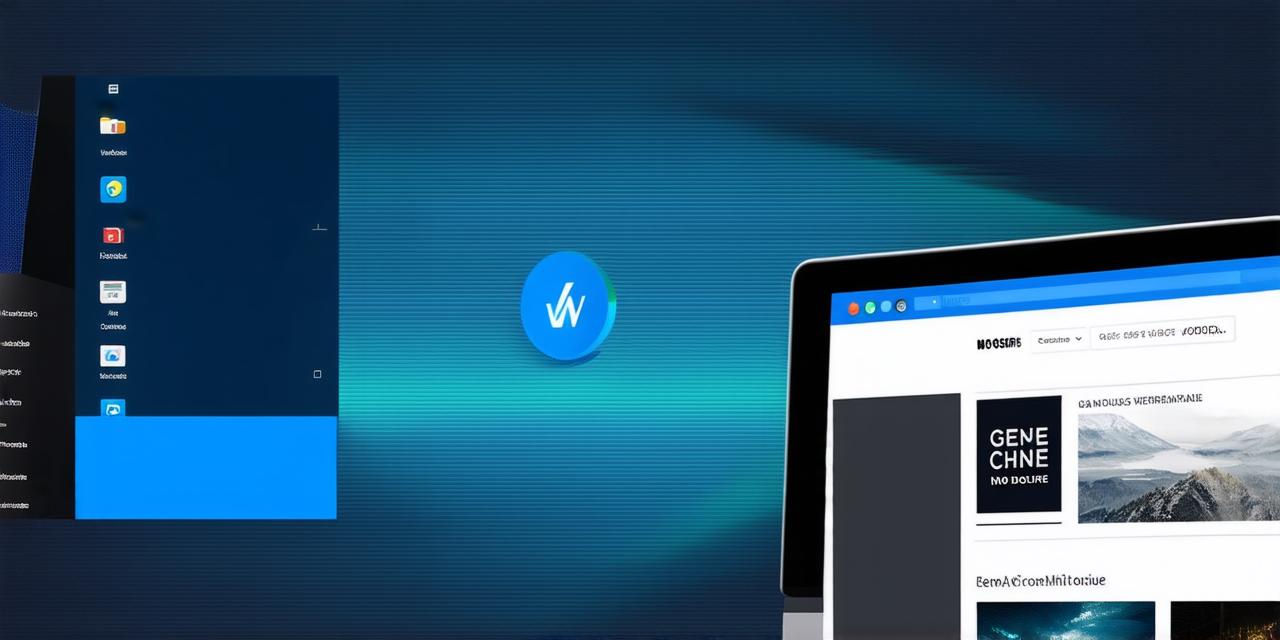
Introduction:
In today’s digital world, having a website is crucial for any business or individual looking to reach a wider audience. WordPress, being the most popular content management system (CMS) in use today, has made it easier than ever before to build a website without needing extensive technical knowledge. However, what if you could take things a step further and build a WordPress website without hosting? In this article, we will explore the possibility of building a WordPress website without hosting and delve into the pros and cons of doing so.
Part 1: What is Hosting?
Before we dive into whether it’s possible to build a WordPress website without hosting, let’s first understand what hosting is. Hosting refers to the service provided by a web server that allows your website files to be stored on their servers and accessed by anyone with an internet connection. Without hosting, your website would not have a physical location on a server, making it difficult for users to access your site.
Part 2: The Pros and Cons of Building a WordPress Website Without Hosting
While the idea of building a WordPress website without hosting may sound appealing, there are both pros and cons to consider. On one hand, building a WordPress website without hosting would eliminate the need for any additional costs associated with hosting, making it an affordable option for those on a tight budget. Additionally, you would have complete control over your website’s code and design, allowing you to customize your site to your liking without any limitations imposed by your host provider.
On the other hand, building a WordPress website without hosting would require a significant amount of technical knowledge and expertise. You would need to know how to set up your own server, install and configure WordPress, as well as manage your own security and backups. This could be overwhelming for those who lack technical skills or experience, making it a less practical option.
Part 3: The Importance of Hosting for Your Website’s Performance
While building a WordPress website without hosting may seem like an attractive option, there are several reasons why hosting is essential for your website’s performance. Firstly, hosting provides the necessary resources, such as bandwidth and storage space, to ensure that your website loads quickly and efficiently. Without hosting, your website would be slow and unresponsive, potentially driving away visitors and damaging your search engine rankings.
Secondly, hosting providers offer a range of security features, such as firewalls, malware scans, and backup services, to protect your website from cyber attacks and data breaches. Without hosting, you would be responsible for securing your own server, which could be a daunting task for those without the necessary technical knowledge or resources.
Finally, hosting providers offer a range of tools and plugins that can help optimize your website’s performance, such as caching and content delivery networks (CDNs). Without hosting, you would need to find and implement these tools yourself, which could be time-consuming and resource-intensive.
Part 4: The Alternative: Using a Managed WordPress Hosting Provider
If building a WordPress website without hosting is not an option for you, there are several managed WordPress hosting providers that offer a range of features and benefits to help optimize your site’s performance. These providers offer a range of plans with different levels of resources and pricing, making it easy to find the right plan for your needs.
Additionally, these providers offer a range of tools and plugins to help customize your site’s design and functionality, as well as manage your security and backups. They also provide excellent customer support, with 24/7 assistance available in case you encounter any issues or have any questions.
Part 5: Conclusion
In conclusion, while building a WordPress website without hosting may seem like an attractive option for those on a tight budget, it comes with several challenges and limitations that need to be considered carefully. Building your own server, installing and configuring WordPress, managing security and backups, and optimizing your site’s performance can be overwhelming for those without the necessary technical knowledge or resources.
On the other hand, using a managed WordPress hosting provider offers a range of benefits, including excellent performance, easy customization, top-notch customer support, and peace of mind.



